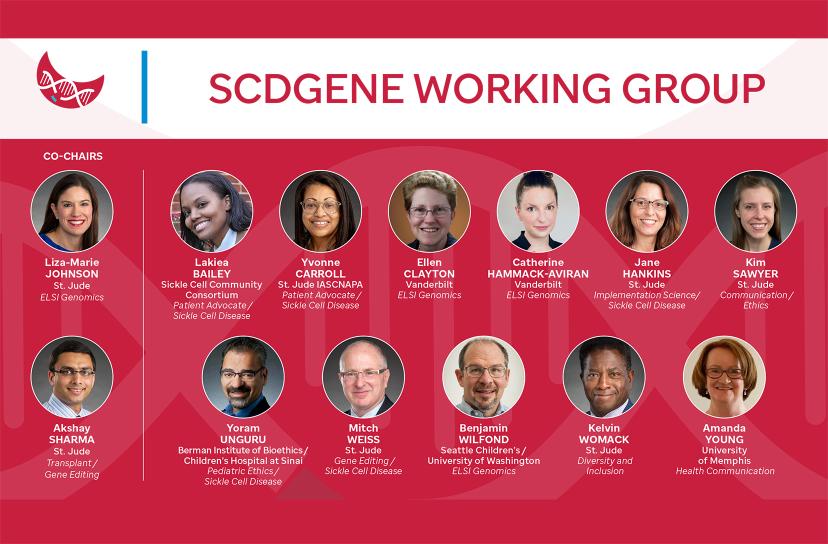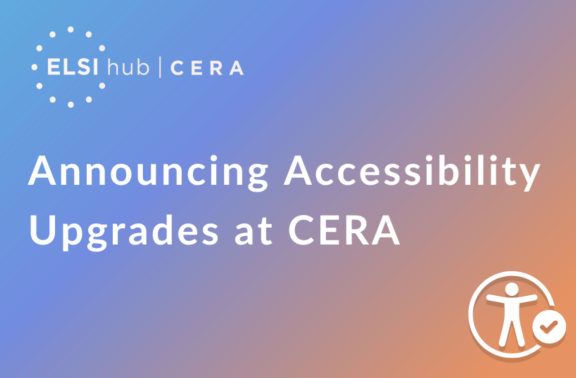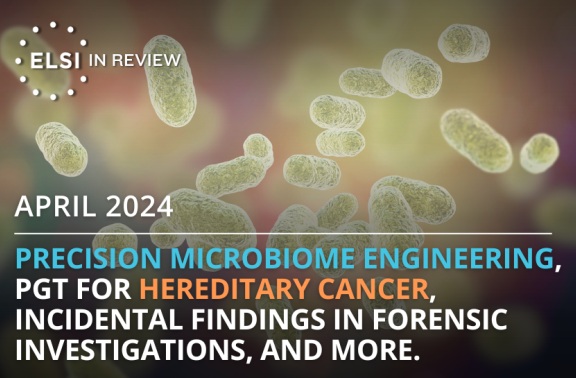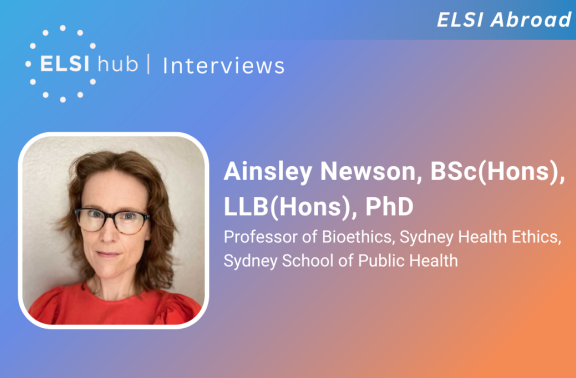
Novel Gene Therapies for Pediatric and Young Adults with Sickle Cell Disease: Engaging Patient and Parent Stakeholders Working Group
Sickle Cell Disease (SCD) is an inherited disorder that results in premature mortality and severe morbidity in millions of afflicted individuals worldwide. Novel therapies are urgently needed and research to improve therapies for SCD is an NHLBI priority. Clinical trials using new methods of gene manipulation have begun in adults; however, it is most desirable to treat children, adolescents and young adults (AYA) before the onset of irreversible organ damage.
Expanding the availability of novel, potentially first-in-human clinical trials to children and AYA poses unique ethical challenges; particularly given that SCD affects a predominantly racial minority and socioeconomically disadvantaged patient population that has previously been underrepresented and historically mistreated in clinical research. For this reason, several groups including the SCD working group, believe that it is imperative that AYA and parent stakeholders are meaningfully engaged early in this process.
The 2017 National Academy of Medicine Report (NAMR) on Human Genome Editing called for public engagement around emerging gene-editing technologies for the purpose of, “monitoring public attitudes, information deficits, and emerging concerns,” which in this case are parents of children with, and AYA with SCD. The NAMR recommended that clinical applications of gene editing adhere to several principles including due care, respect for person, and transparency with transparency defined as the, “sharing of information in ways that are accessible and understandable to stakeholders.” The working group’s preliminary data demonstrate that many patients with SCD have low health literacy and limited understanding, especially with respect to gene therapy.
There is great opportunity to optimize understanding, improve communication, and enhance informed consent in this emerging area of research. The SCD working group (SCDGENE) will develop an advisory panel of patient, parent and AYA stakeholders with whom they will collaborate. The working group will systematically conduct needs assessments to elicit attitudes and identify knowledge gaps around novel gene therapies for the purpose of developing educational content and communication tools that honor the NAMR. The output of the group will include a qualitative manuscript delineating stakeholder recommendations. SCDGENE hopes to generate important data for use in the development and testing of decision-aids and educational tools. The working group co-leads will use the output to justify ongoing support to sustain the SCD stakeholder advisory panel. These aims will be executed through an interdisciplinary, multi-institutional group comprised of patients/caregivers, patient advocates, clinician-scientists, gene therapy experts, hematologists, ethicists, clinical educators, and health communication experts.
Consistent with several of the goals and objectives of CERA, the SCD Working Group will work to advance engagement of underrepresented communities (African Americans) in genomics research; establish a digital platform for scientists, scholars, and stakeholders to learn about the ethical, legal and social implications of genetics and genomics as it pertains to emerging gene therapies; and to foster a community of multidisciplinary researchers focused on this high priority issue.
Please click here for more information.
CERA Working Groups are interdisciplinary teams that aim to deepen our understanding of emerging, high priority, or understudied ELSI issues using innovative approaches.



